
*This guest post also appears at Shakesville.
I saw Pirate Radio last night, and had one of those experiences where you can only really enjoy yourself if you turn half your brain off and pretend you’re not getting the messages that are clearly being sent.
Early in Pirate Radio, just as I idly wondered where all of the women were, one of the characters refers to the only woman present with surprise. “I thought there were no women allowed on board…” And it is explained to him that an excuse is made for the cook, because she is a lesbian.
That is all the explanation deemed necessary for the total exclusion of women from the world of Pirate Radio, except as sex partners, mothers, food preparers, or avid audience-members. I have no trouble believing that the world of Pirate Radio in the sixties largely excluded women, but I didn’t expect to find a movie so gleeful about the wonderland of boy bonding and camaraderie that, the movie posits, is only possible in a world where women are only allowed on board every other Saturday in order to provide sex.
The movie veers

into an early scene of near-rape played for laughs as well. One of the successful DJs, feeling sympathetic toward a younger man because of his virginity, tries to trick his date for the night into having sex with the other man while the lights are turned off. He hopes that she won’t notice the switch, in spite of a huge size differential between the two men. The scene is played entirely from their perspective, and while the younger man doesn’t get near enough to the woman to touch her, there is a “ho ho ho, so funny my sides might split” scene in which the lights unexpectedly go on, and she screams as she finds herself alone in a room with a naked stranger. I was left with a queasy feeling at the end of that scene, wondering if this was what the whole movie would be.
While the movie doesn’t play rape for laughs again, the only other two love interest characters who appear are betrayers and interlopers in boyland. One woman, while waiting f

or a man to find a condom, ends up sleeping with someone more famous because she finds him impressive. Another comes onboard to marry one DJ, without telling him that she’s only doing it in order to sleep with someone else on the ship. I can imagine the first case happening in real life: When women have sexual agency they will sometimes decide to sleep with someone other than the person they start out an evening with. I can’t imagine a context for the inexplicable cruelty of the second case though, and since she represents roughly one quarter of all women in this film, it is easy to assume that the film is endorsing the idea that all relationships with women are suspect, and only relationships between men are noble and pure.
More than anything, I wonder why the film felt it necessary to revel in the sexism of the world that it depicts. These men are not actually great rebels if they really expect women to be content providing sex and food. There may have been many great things about sixties Pirate Radio, but the exclusion of women was not one of those things, and the film would have been more effective if it had taken pains to include women rather than shrugging its shoulders early on and trying to opt out of the subject.
I had a discussion

with my husband after the film, and pointed out that most women perceive themselves as the protagonists of their own lives, not as an avid audience for men as they play out their stories. My experience throughout my life when watching movies like this has been to desperately try to find a place for myself among the male characters.
How can I be Phillip Seymour Hoffman? There is no space for women in this movie, so how do I rewrite the movie so I can fit myself in? I’ve been doing it for so long that it is almost natural to me, but I think it’s time that it stopped.
The sad thing about this film is that I could have really enjoyed it otherwise. As I was watching it I wondered why I was feeling so fatigued, and I realized it was because it was yet another time that I was expected to happily stand in the sidelines and watch boys have lots of fun. That’s such a bummer to me nowadays that I can’t even pretend to be enthused anymore.
It wouldn’t have been difficult for filmmakers to do a better job than this. One can acknowledge the sexism of an age while still admitting the personhood, value, and contributions of women. Beyond just their ability to cook up a tasty meal, I mean. My gleeful exclusion from this film turned what should have been a charming experience into another bitter pill. It’s not 1967 anymore. I’m ready to throw those pills away.
Eileen Hunter has an MA in English and is working on an MLIS. She lives in California with her cat, husband, and daughter.


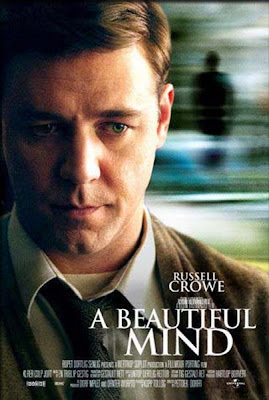

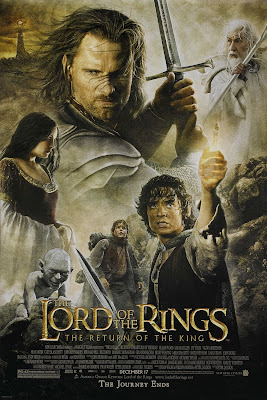

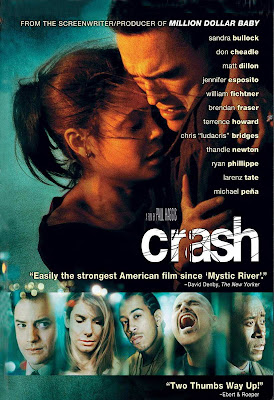
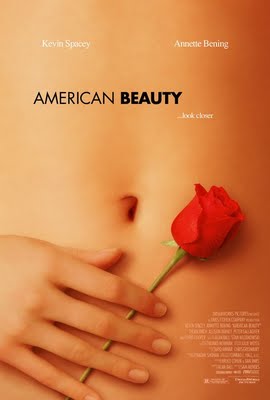

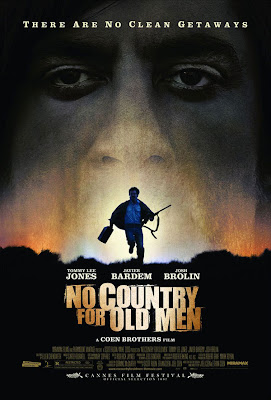

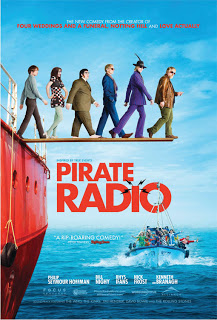




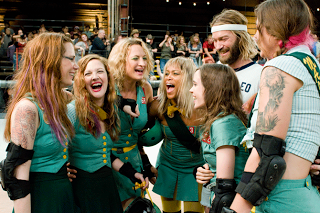



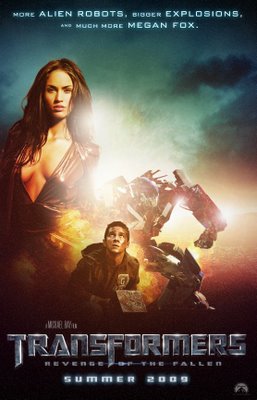
 Despite its abysmal reviews,
Despite its abysmal reviews,